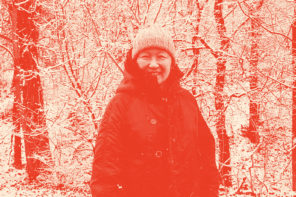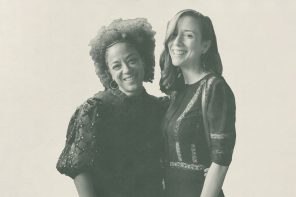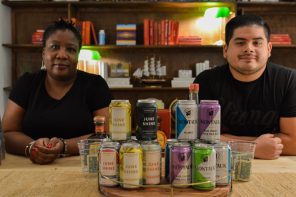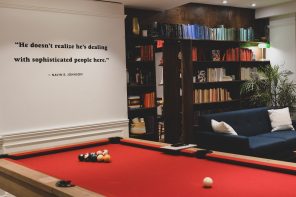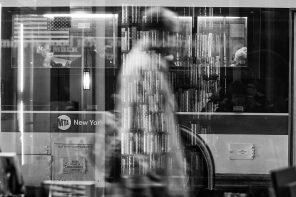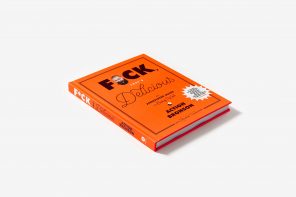Bestselling novelist Jeannie Moon tells how publishing can turn the page on latent misogyny
Romance novelist and Long Island’s own Jeannie Moon kindly sat down with Whalebone to discuss an issue that we didn’t realize was an issue, but maybe that is what makes an issue? And now you get to know about it, too. Romance as a genre garners about 1.5 million dollars US a year and persists as one of the most popular in fiction. And if you are pretty good at guessing, then you might have figured out that women, between the ages of 35–50, are the majority of the purchasing demographic. But here’s the rub: The women, particularly older than 40, buying these novels are the women that continue to be wholly misrepresented in the genre. And that’s where Jeannie comes in, we wanted to know why exactly this continues to happen, how authors can break the pattern.
It’s a genre written by women for women, yet it’s considered low brow and smut.
“We’ve been very lucky to see romance explode the way it has but the genre doesn’t get the recognition that it should. Norah Roberts has something like 191 New York Times Bestsellers and she’s only been reviewed by them twice,” she told Whalebone. “It’s a genre written by women for women, yet it’s considered low brow and smut. But it is what keeps the lights on in publishing and it empowers women. If readers want to really read feminist literature, they should pick up a romance novel.”
So we lit some candles, ripped a bodice or two and let our hair blow in the wind as Jeannie laid down some more knowledge.
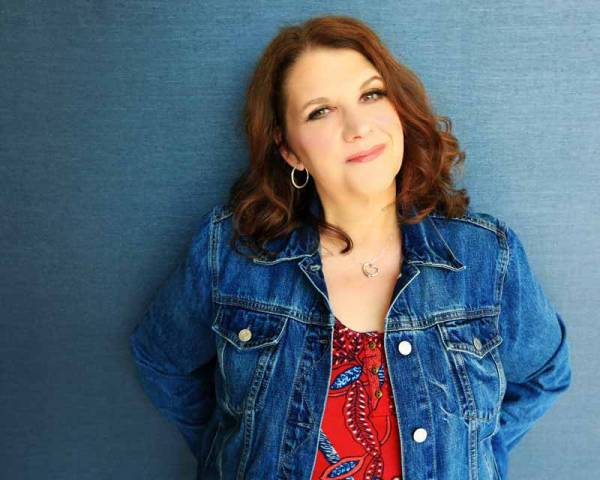
Jean Jeannie
First, let’s not rush it. How did you get into writing and the romance genre?
Jeannie Moon: I actually wrote my first “book” when I was nine. I used to carry a binder full of stories around my high school and my friends would read them. Then after high school, I became a journalist and then a teacher. After my mother passed away, I got the idea for my first book and it was terrible. But luckily I found an amazing editor who was able to give me feedback and direction. I chose romance because people want love and happiness.
What are some of the instances, or most pointed instances, you can remember of a woman being wholly misrepresented in literature?
JM: Apparently, any woman over 40 apparently doesn’t know how to use a cellphone. Some of the big stereotypes are: Women in their 40s aren’t interested in relationships, aren’t tech-savvy, and they’re only single because they’ve been dumped. And there is almost never a heroine who is over the age of 30. It’s tied to this latent misogyny that women past their child-bearing years aren’t interesting. Happily ever after doesn’t mean you have to have children or even get married. I’ve literally had an editor say “Nothing interesting happens to women over 40.”
My next heroine is going to be 55.
What about Long Island serves as such a source of inspiration for your writing?
JM: Gosh, I live where people go on vacation. When I started the Compass Cove trilogy, I sent the first book to a friend and she read it and liked it. But it was originally set in New England, and she told me that my characters were not from New England, that they were New Yorkers. So I went out and got to know where I lived. I was a mom and was busy working and I never really took the time to look at my home anymore. Long Island is made up of these amazing communities. And every single one has a certain special something. It’s just an incredible location. I can get to the city in an hour and the beach in ten minutes. Our taxes are high and yes we have traffic but we have really wonderful people here. People have told me they’ve booked vacations from reading my books.
Have you spent any time in Montauk?
JM: My Uncle had a house there growing up. We would walk down to the beach and spend the day there, then go into town and get something to eat. We’d go to the lighthouse or play at Hither Hills. Wonderful. Beautiful. Special.
I’ve literally had an editor say “Nothing interesting happens to women over 40.”
Alright, back to it. What do you think, the best way to pivot away from those traditional female archetypes or how can one learn to break out of those tropes when writing?
JM: Traditional publishers run businesses and they worry about anything outside of their comfort zones. I write for a boutique publisher that is woman-run and ready to take chances on different kinds of stories. There are lots of ways to get your stories out there, and getting those non-traditional publishing will help people see those different stories.
Do you think male authors might find it difficult to write a female lead? Would you find it difficult to write a male lead?
JM: Some of the guys…just don’t get it. Especially with the anatomy. James Patterson does a great job with women, not Nicholas Sparks. All I wonder about is who is gonna die in his books. Genre fiction authors do better than literary fiction authors.
I have been told that I write the best bromances in romance. I have to run dialogue past by husband or my son and they’re typically like, “A guy wouldn’t say that.” But all in all, I don’t think men and women are that different when it comes to emotional vulnerability.
What aspect of your most recent book, All of Me, do you think could appeal to someone from any demographic?
JM: The whole idea of the power of community and the power of family. How location and history bind us together. We all crave roots and that’s not age-specific, grounding.
End it on a fun note: Your all-time favorite fictional heroine?
JM: Elizabeth Bennet. Mostly because of her power. And then Scout is all about opening her mind up. She’s young and has this incredible empathy. I wish we could bottle that empathy that she had at 6.


